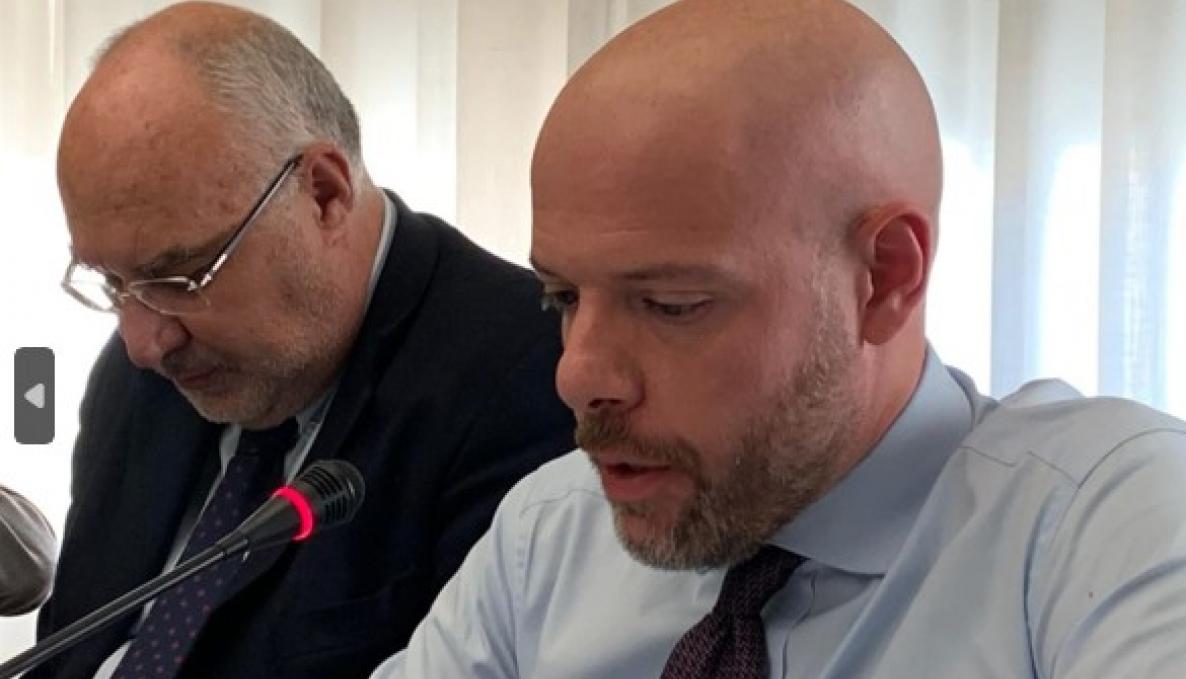"La normativa della Regione Toscana sul terzo settore": a new book by the Maria Eletta Martini Research Center, edited by Emanuele Rossi and Luca Gori, professor and researcher, Dirpolis (Law, Politics, Development) Institute of the Sant'Anna School

All the third sector legislation of the Regione Toscana, with also the cornerstones of the national one, has been collected in a volume fresh from the Pisa University Press publishing house in the series "Rethinking the Third Sector" by the Maria Eletta Martini Research Center. The title is " La normativa della Regione Toscana sul terzo settore " and it was edited by Emanuele Rossi, professor of Constitutional Law, and Luca Gori, researcher, both afferent to the Dirpolis Institute (Law, Politics, Development) of the Sant'Anna School, with the collaboration of researcher Alberto Arcuri.
This is another contribution to the knowledge of third sector law and practice by the research center named after Maria Eletta Martini established three years ago by Fondazione Cassa di Risparmio di Lucca, Fondazione per la Coesione Sociale and Sant'Anna School.
The volume contains, as an introduction, a lecture that Professor Luca Antonini, a judge of the Constitutional Court and speaker of important decisions on the Third Sector, gave on May 21, 2022 in Pisa at the concluding event of the course "The Reform of the Third Sector. Novelties, Problems and Paths to Implementation", which Cesvot and the Sant’Anna School have been offering since 2017 to help the Tuscan third sector learn more about the evolution of the legislation. The publication of the book was made possible by Cesvot's contribution. The target audience, in fact, are managers and operators of the third sector, public administrations, students and researchers.
The first part of the publication contains the two historic rulings of the Constitutional Court (131 of 2020 and 72 of 2022) that contributed decisively to the constitutional legitimization of the role of the third sector in our country. Also in the first part are the "Delegation to the Government for the reform of the third sector, social enterprise and for the regulation of universal civil service" of 2016, "Legislative Decree No. 117, of July 3, 2017 (Code of the Third Sector) and the Decree of the Minister of Labor and Social Policies No. 72, of March 31, 2021 (the Guidelines on the relationship between Public Administration and third sector entities).
The second part presents the provisions on the third sector of a region, Tuscany, which is the only one in the national panorama to have equipped itself with specific legislation, implementing the national one, to give impetus to a sector that is fundamental for the social resilience of the regional territory.
Six Tuscan regulatory measures have been proposed: Law No. 58 of 2018 (Regulations for social cooperation in Tuscany), Law No. 17 of 2020 (Provisions to promote cohesion and social solidarity through socially-minded actions), Law No. 65 of 2020 (Regulations to support and promote Tuscan Third Sector entities), Law No. 71 of 2020 (Collaborative governance of common goods and territory, for the promotion of social subsidiarity and in implementation of Articles 4, 58 and 59 of the Statute), No. 27 of 2021 (Enhancement of the intangible historical - cultural heritage and popular culture of Tuscany. Discipline of regional historical re-enactments) and No. 53 of 2021 (Rules for the exercise of administrative functions regarding the Single National and Third Sector Register in Tuscany).
The book is available for purchase on the Pisa University Press website in print copy or free download in open access.
Cover photo: Emanuele Rossi and Luca Gori.




